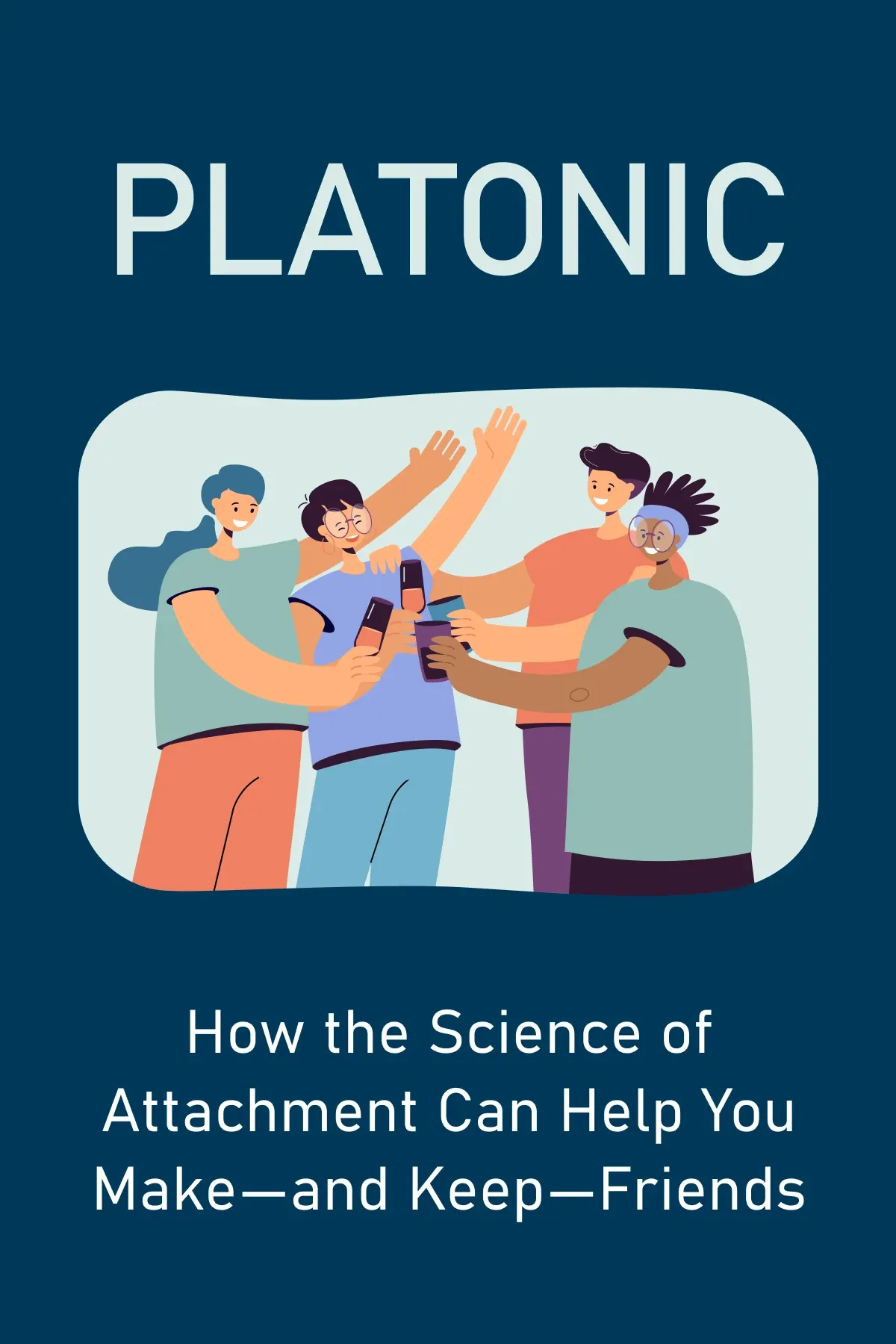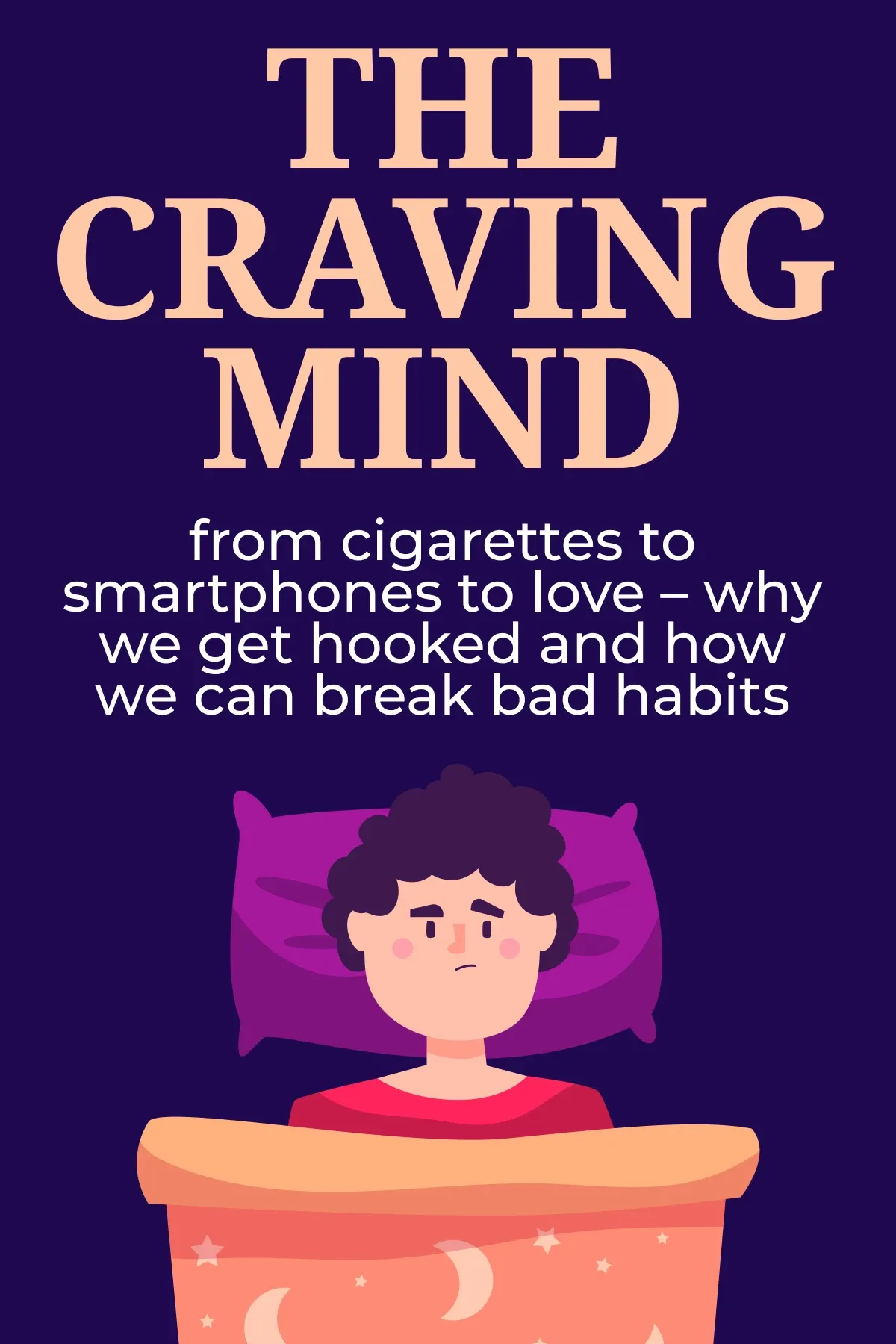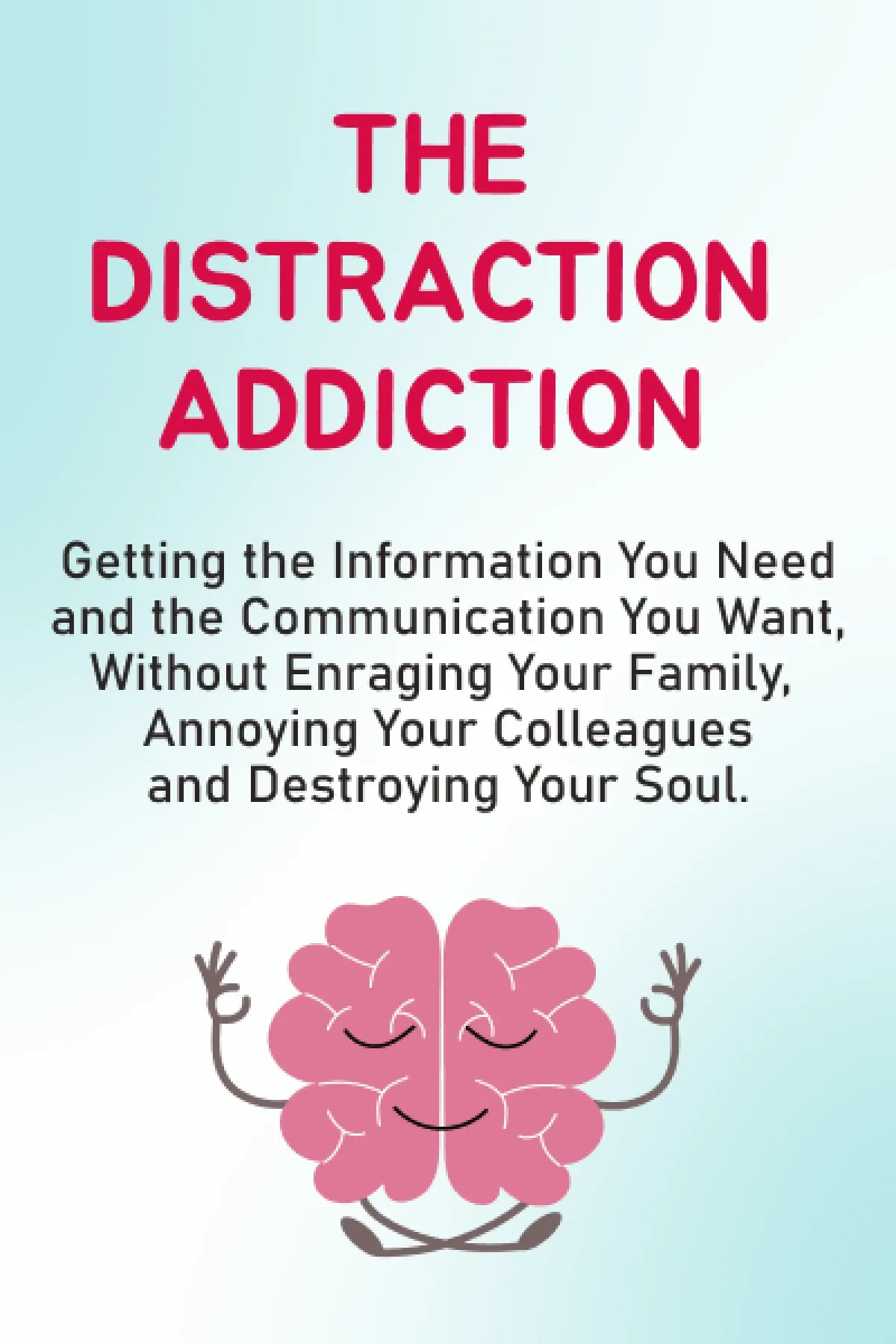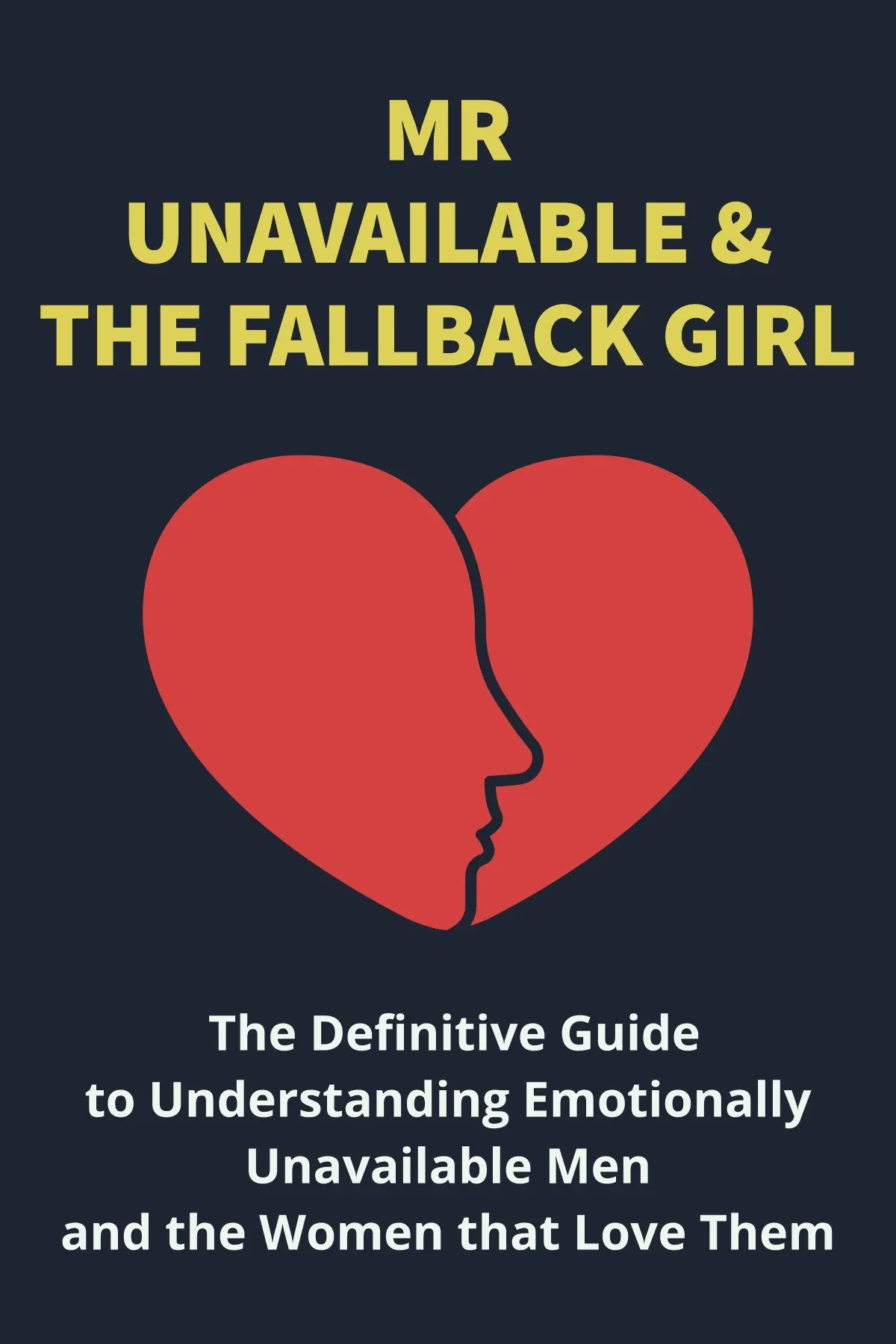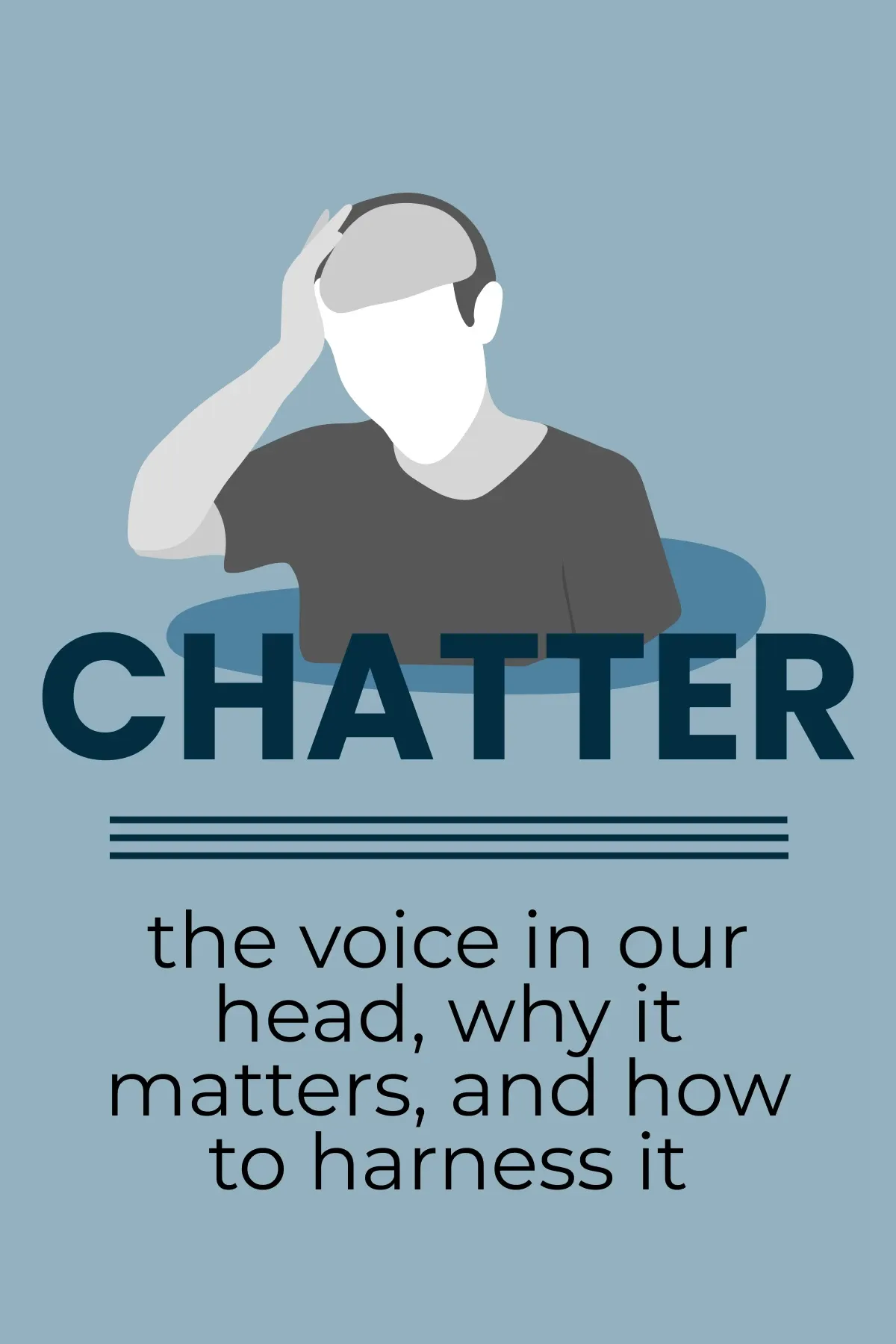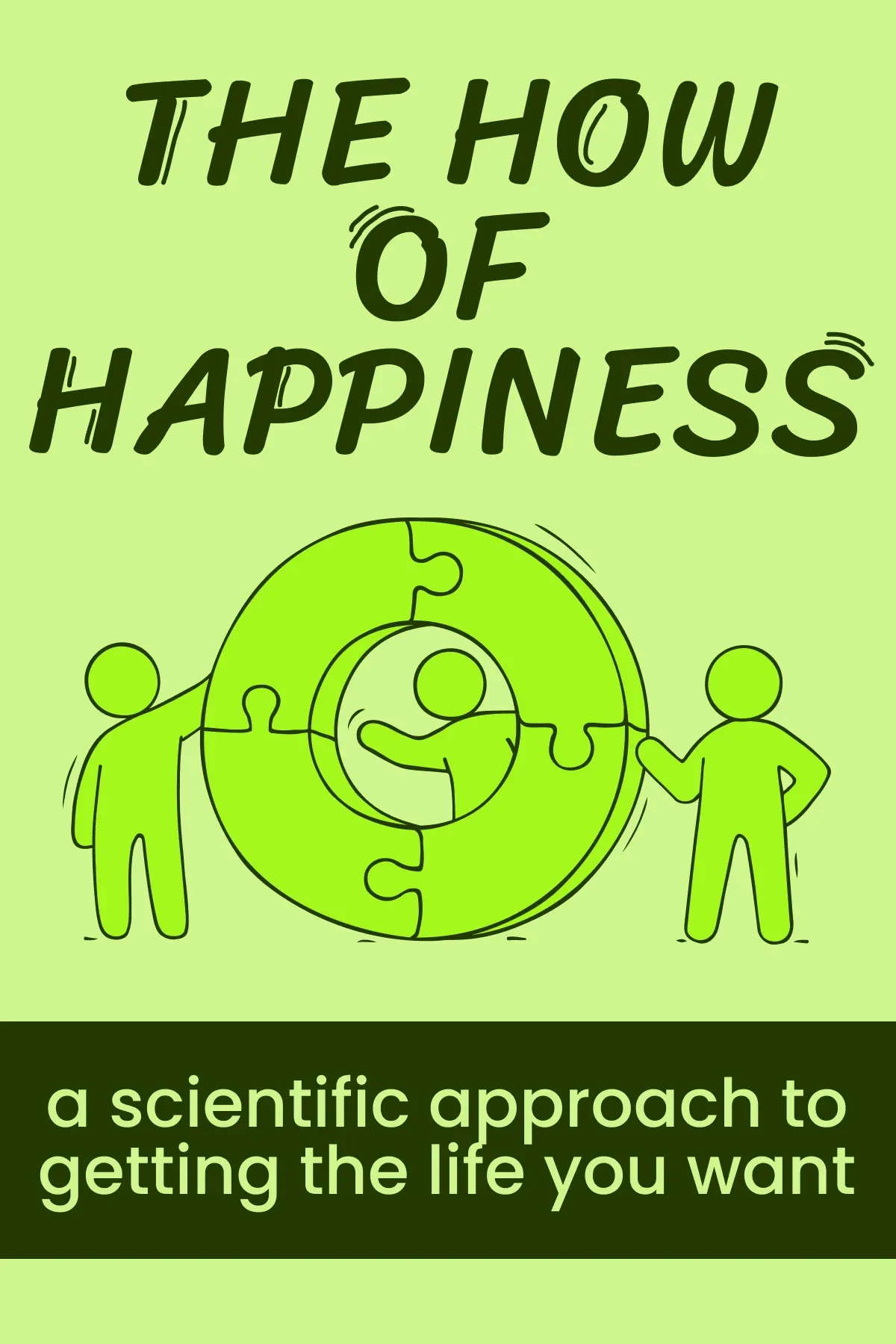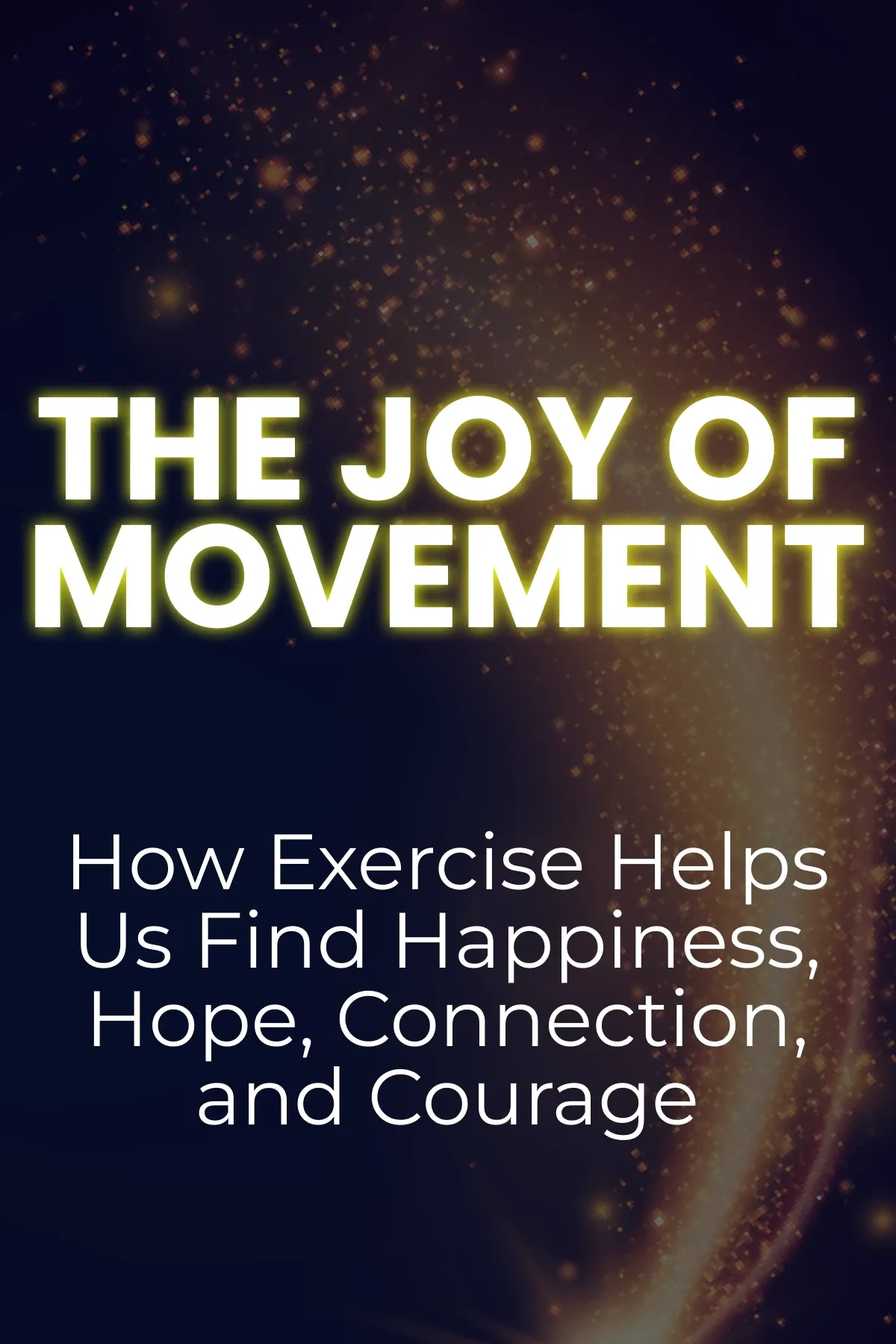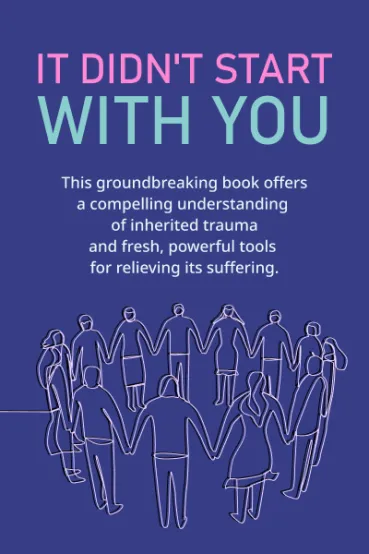
It Didn't Start with You
Brief Summary
“It Didn’t Start With You” offers a groundbreaking exploration of how family traumas can shape our lives. This scientifically-backed journey will help you understand how traumas can manifest in forms like anxiety, depression, or obsessive thoughts. The book connects these issues to the experiences of our parents or grandparents, introducing the concept that traumatic legacies can be inherited.
Topics
Key points
Key idea 1 of 8
Often, the cause of our problems in various areas of life can be traced back to personal traumas. Traumas warp our memories, preserving the fragments that cause us the most distress. In most cases, we have traumas at the subconscious level. That is why it is difficult to establish a connection between certain past events and the present concerns. You might not consciously remember the traumatic incident, but it remains intact in your subconscious mind.
Moreover, it may surprise you, but trauma can be passed down through generations. If your family has encountered some disaster, such as war or famine, it can also affect you. These deep-seated traumas may reside in your subconscious, and you may not even be aware of them.
Consider the case of Jesse, a man plagued by chronic insomnia for which conventional treatments were ineffective. He sought help from therapists who decided to investigate his family history. It turned out that Jesse's uncle died of hypothermia after losing consciousness. At some point, this death shocked Jesse very much. Subconsciously, he had developed a fear of losing consciousness, leading to his fear of sleep. Recognizing the true origin of his trauma helped Jessie in his treatment.
Similarly, in her research, Rachel Yehuda found that the trauma experienced by Holocaust victims could be passed down to their descendants. This is also true for the memories of those horrific events. This post-traumatic syndrome is transferred not only through stories and preserved memories but also biologically.
Understanding how your pain is related to your family's tragic experience is a big step toward healing. Effective therapy helps you see this link between what you've gone through and the experiences of your ancestors. Therefore, it is crucial to unearth the root cause of the issue before addressing the issue itself. This understanding is a stepping stone towards a healthier, happier life.
FAQ
You may also like these summaries


